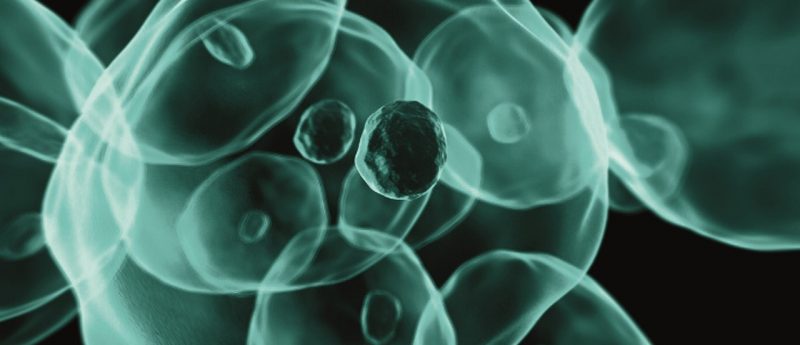ASGCT 2020: Measles virus vector shows when OCT4 is dispensable in iPSC process

Mayo Clinic (MN, USA) scientists investigating the role of the reprogramming factor, OCT4, in the formation of induced pluripotent stem cells (iPSCs) have found that its presence isn’t necessary after reprogramming is complete.
Induced pluripotent stem cells (iPSCs) provide a useful platform for cell therapy approaches. There are many methods to produce iPSCs, typically requiring the use of multiple components such as vectors, plasmids or mRNAs that express various reprogramming factors.
The reprogramming factor OCT4 is a key mediator in the formation of iPSCs; however, not much is known about its role in this process.
Scientists from the Mayo Clinic (MN, USA) have presented their latest study at the American Society of Gene & Cell Therapy (ASGCT) 23rd Annual Meeting, describing a novel series of microRNA (miR) controlled measles virus vectors which were optimized to study the role of OCT4 in mesenchymal-epithelial transition (MET). MET occurs between days 6-12 of the reprogramming and is a vital step in the formation of iPSCs.
In the study, the team used microRNA which was naturally upregulated just before (miR371, miR372, miR302a) or during (miR375) MET to produce the vectors, which were then tested for their reprogramming ability.
When comparing the reprogramming efficiency of MV4F with the MV4FmiR vectors, the team found that the elimination of all four reprogramming factors before MET is essential for efficiently reprogramming human fibroblasts to fully mature iPSCs.
Their results also showed the expression of the exogenous OCT4 is only needed for the initiation of reprogramming and becomes dispensable for the maturation stage. Additionally, the continuous expression of other reprogramming factors such as SOX2, KLF4 and cMYC during MET is required for the formation of fully mature iPSC clones. Improving the efficiency of iPSC reprogramming could lead to the development of iPSC-based therapies which are more cost- and time-effective.
Source: Rallabandi NSR, Wang Q, Rasmussen M et al. When Measles Virus Vector MET OCT4: A Vector to Study iPSC Reprogramming. ASGCT 2020 Annual Meeting (12-15 May 2020). Abstract: 826.